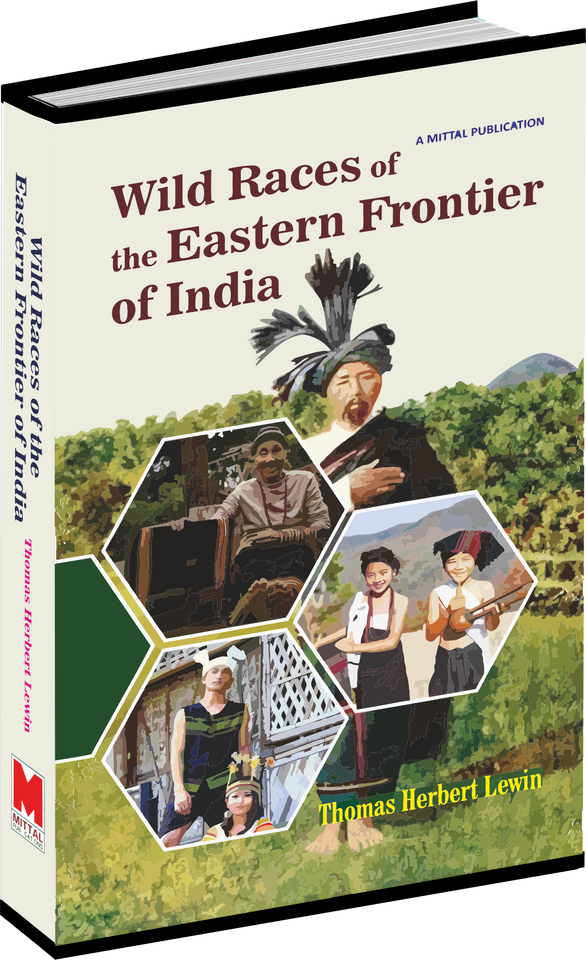Wild Races Of The Eastern Frontier Of India
Regular price
Rs. 1,100.00
Written more than hundred years ago, this book stands unrivalled in the literature on wild races of South-Eastern India. It was written as a daily account of interactions with the people of the area over a three year period. Its authenticity is vouchsafed by the fact that the author made a minute study of the kind of lie on these wild races by living and moving in their midst, conversing with them in their language. The book has been divided into three parts. Part I deals with the Chittagong Hill Tracts inhabited by independent tribes known by the generic name of Kokies and Chakmas who invited trouble for themselves only whey they committed murderous outrages on British subjects of the adjacent district of Tipperah now known as Tripura. Their Economic life is marked by what is called ?joom cultivation? which means that the site of the village is changed as often as the spots fit for cultivation in the vicinity of their village are exhausted. Land once ?joomed?cannot be recultivated. Part II of the book divides hill tribes into two types-the Khyoungtha (sons of the River) who are of pure Arracanese region and Toungtha (children of the Hills) who are of mixed origin. The former, like the Burmese, are Buddhists and believe in the transmigration of soul. There is no such thing as caste among them. Part III deals with hill tribes like the Lhoosai or Kookies and the Shendoos or Lakheyr. Describing their material life, the author says, the crime of infidelity amongst wives was almost unknown, so also harlots and courtesans were held in abhorrence amongst them and there was a free mixing of meals and females before marriage.
Thomas Herbert Lewin (1839-1916) was born in London on 1 April 1839, and was educated at Littlehampton and Addiscombe Military College in 1857, Lewin travelled to India as a Lieutenant and was involved in several campaigns to put down the Indian Mutiny. He became the District Superintendent in Police at Rampur Bandleah, 1861-1864, later taking up the same post at Naocolly, South Bengal and Chittagong. 1864-1866. In March 1866, he was promoted to Captain, and appointed first as Temporary Superintendent and later permanent Deputy Commissioner and Political Agent for the unregulated Chittagong Hill Tracts – a post that he held until 1875. In 1874, Lewin returneed to England due to ill health, was made an honorary Lieutenant Colonel and received a Colonel’s pension. He returned to India in 1875 to take up the post of Deputy Commissioner of Cooch Behar and later became Deputy Commissioner of Darjeeling, where he remained until his retirement in 1879. In 1885, Thomas Herbert brought Parkhurst, a house in Abinger, near Dorking, Surrey, where he lived until his death in 1916. Lewin was the author of several works on India and Indian languages. He was a great soldier-administrator in the wild hills of India’s north-east frontier. Not just a man of action, Lewin was also an anthropologist, linguist, writer, artist and musician. For the early part of his life he became effectively the ruler of remote Lushai Hill Tracts and his subjects, who had no previous acquaintance with Europeans, came to affectionately known him as Thangliena. His work in understanding the language and culture of the Lushais was of lasting significance.
Guaranteed Safe Checkout





